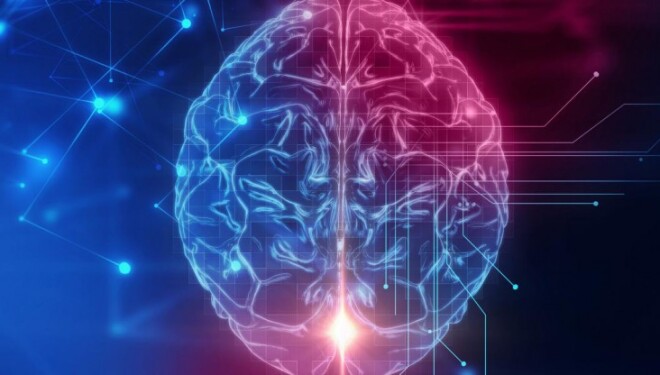Sleep Loss Precedes Alzheimer's Symptoms

Sleep is disrupted in people who likely have early Alzheimer's disease but do not yet have the memory loss or other cognitive problems characteristic of full-blown disease, researchers at Washington University School of Medicine in St. Louis report March 11 in JAMA Neurology.
The finding confirms earlier observations by some of the same researchers. Those studies showed a link in mice between sleep loss and brain plaques, a hallmark of Alzheimer's disease. Early evidence tentatively suggests the connection may work in both directions: Alzheimer's plaques disrupt sleep, and lack of sleep promotes Alzheimer's plaques.
Sleep problems are common in people who have symptomatic Alzheimer's disease, but scientists recently have begun to suspect that they also may be an indicator of early disease. The new paper is among the first to connect early Alzheimer's disease and sleep disruption in humans.
For the new study, researchers recruited 145 volunteers from the University's Charles F. and Joanne Knight Alzheimer's Disease Research Center. All of the volunteers were 45 to 75 years old and cognitively normal when they enrolled.
As a part of other research at the center, scientists already had analyzed samples of the volunteers' spinal fluids for markers of Alzheimer's disease. The samples showed that 32 participants had preclinical Alzheimer's disease, meaning they were likely to have amyloid plaques present in their brains but were not yet cognitively impaired.
Participants kept daily sleep diaries for two weeks, noting the time they went to bed and got up, the number of naps taken on the previous day, and other sleep-related information.
The researchers tracked the participants' activity levels using sensors worn on the wrist that detected the wearer's movements.
"Most people don't move when they're asleep, and we developed a way to use the data we collected as a marker for whether a person was asleep or awake," says first author Yo-El Ju, MD, assistant professor of neurology. "This let us assess sleep efficiency, which is a measure of how much time in bed is spent asleep."
Participants who had preclinical Alzheimer's disease had poorer sleep efficiency (80.4 percent) than people without markers of Alzheimer's (83.7 percent). On average, those with preclinical disease were in bed as long as other participants, but they spent less time asleep. They also napped more often.
"When we looked specifically at the worst sleepers, those with a sleep efficiency lower than 75 percent, they were more than five times more likely to have preclinical Alzheimer's disease than good sleepers," Ju says.
Ju and her colleagues are following up with studies in younger participants who have sleep disorders.
"We think this may help us get a better feel for the way this connection flows — does sleep loss drive Alzheimer's, does Alzheimer's lead to sleep loss, or is it a combination?" Ju says. "That will help us determine whether we can change the course of disease with pharmaceuticals or other treatments."
Could you have restless legs syndrome? Learn more about the symptoms so you can talk to your doctor.Have you ever wanted to know what happens to your body during menstruation? The latest infographic from the National Sleep Foundation showcases how your period might affect your sleep -- and what you can do to make sure you rest soundly during that time of the month.The Electronics and Sleep infographic highlights how technology affects the modern family and how parents can help design a sleep...Orexin receptor antagonists: A new class of sleeping pill Find out more about orexin, and a new type of sleep...The term “anti-aging” may conjure up images of expensive wrinkle creams and nutritional supplements, but one of the most impactful...Though it may come as no surprise that people find it harder to fall asleep when they’re emotionally wound up,...Sleep problems like insomnia can be caused by many different factors, including chronic pain, acid reflux, and depression. But did...Sleep problems are common among kids who are anxious or who are making a transition to a new school. They...After safety and nutrition, how much sleep a child gets is uppermost in a parent’s mind. The amount your child...Some people use sleep hypnosis as a tool to help them fall asleep. In a nutshell, sleep hypnosis is a...
Source: Internet





